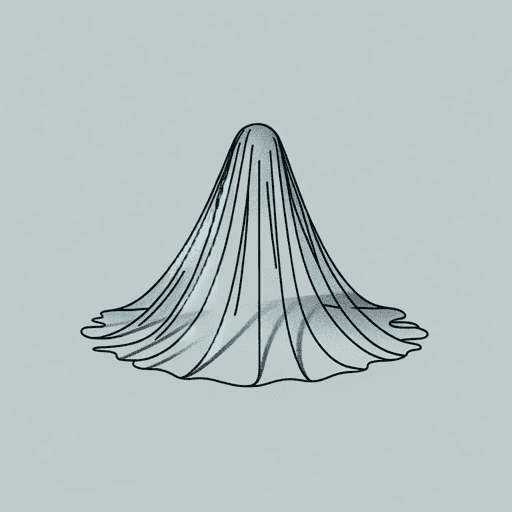55 pages • 1 hour read
The House of the Seven Gables
A modern alternative to SparkNotes and CliffsNotes, SuperSummary offers high-quality Study Guides with detailed chapter summaries and analysis of major themes, characters, and more.
Themes
The Legacy of Violence
The history of the Pyncheon family is one rooted in a terrible crime. The house is built on land stolen from Matthew Maule, who was falsely accused and executed for witchcraft due to Colonel Pyncheon’s treachery. Before dying, Matthew Maule cursed the colonel—a curse that is remembered by the townspeople, and which appears to shape the lives of his descendants even many generations later. Through the dilemmas of the present-day Pyncheon clan, Hawthorne explores the legacy of violence and how different people choose to grapple with an uncomfortable past.
Judge Pyncheon embraces his role as the heir to this violent legacy, and both his personal qualities and actions mirror those of his cruel ancestor, despite the two being separated by over 150 years. Judge Pyncheon both bears a strong physical resemblance to Colonel Pyncheon, as evidenced by the colonel’s portrait, and behaves in a similar greedy manner: He willingly enables Clifford’s imprisonment, and he attempts to extort Hepzibah and Clifford into handing over the old land deed to him so that he can become even richer. Judge Pyncheon’s behavior thus represents an active continuation of the family’s violent legacy, perpetuating cycles of violence and injustice instead of seeking to end them.



Related Titles
By Nathaniel Hawthorne
Featured Collections
American Literature
View Collection
Books on Justice & Injustice
View Collection
Challenging Authority
View Collection
Family
View Collection
Guilt
View Collection
Historical Fiction
View Collection
Horror, Thrillers, & Suspense
View Collection
Power
View Collection
School Book List Titles
View Collection
Sexual Harassment & Violence
View Collection















